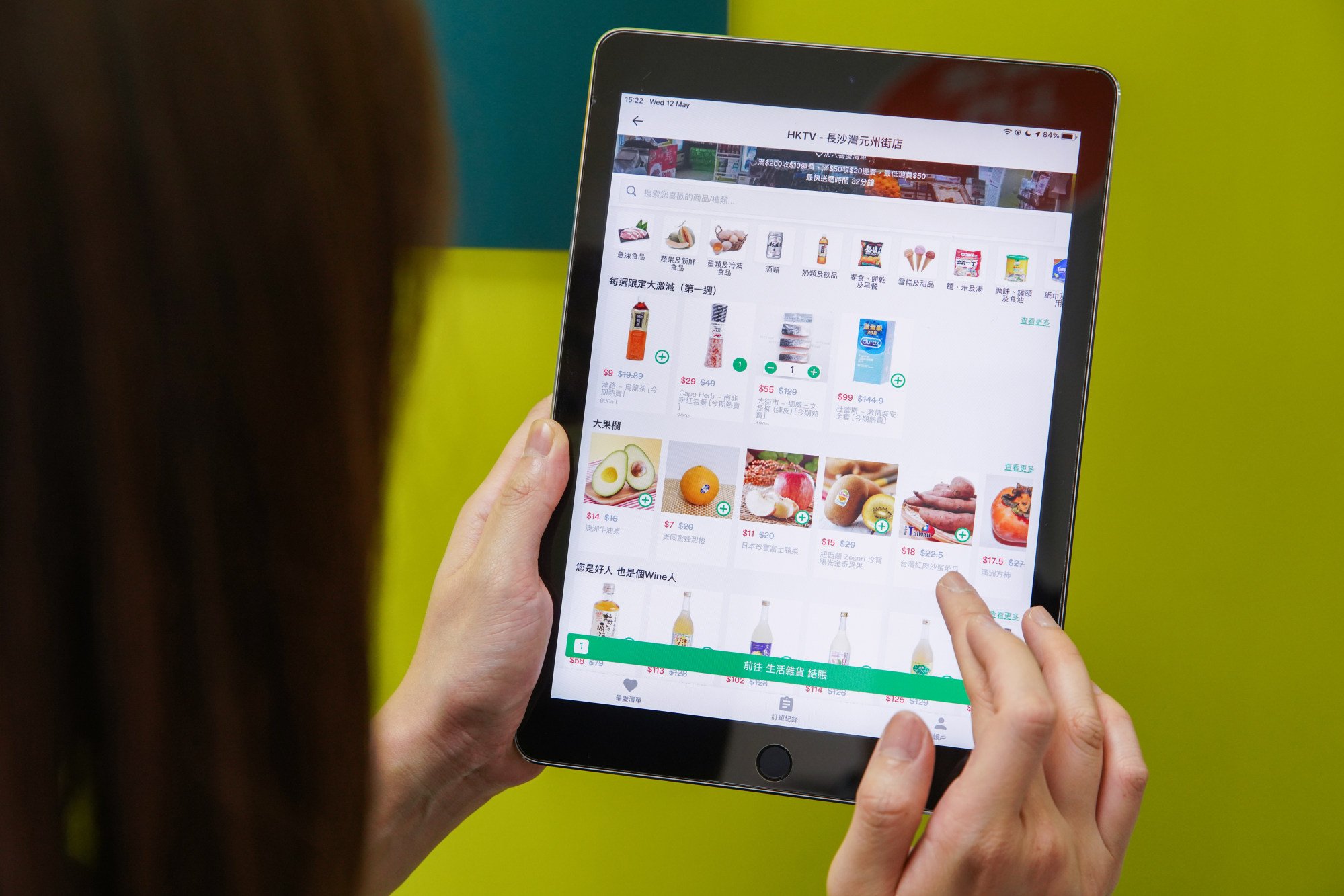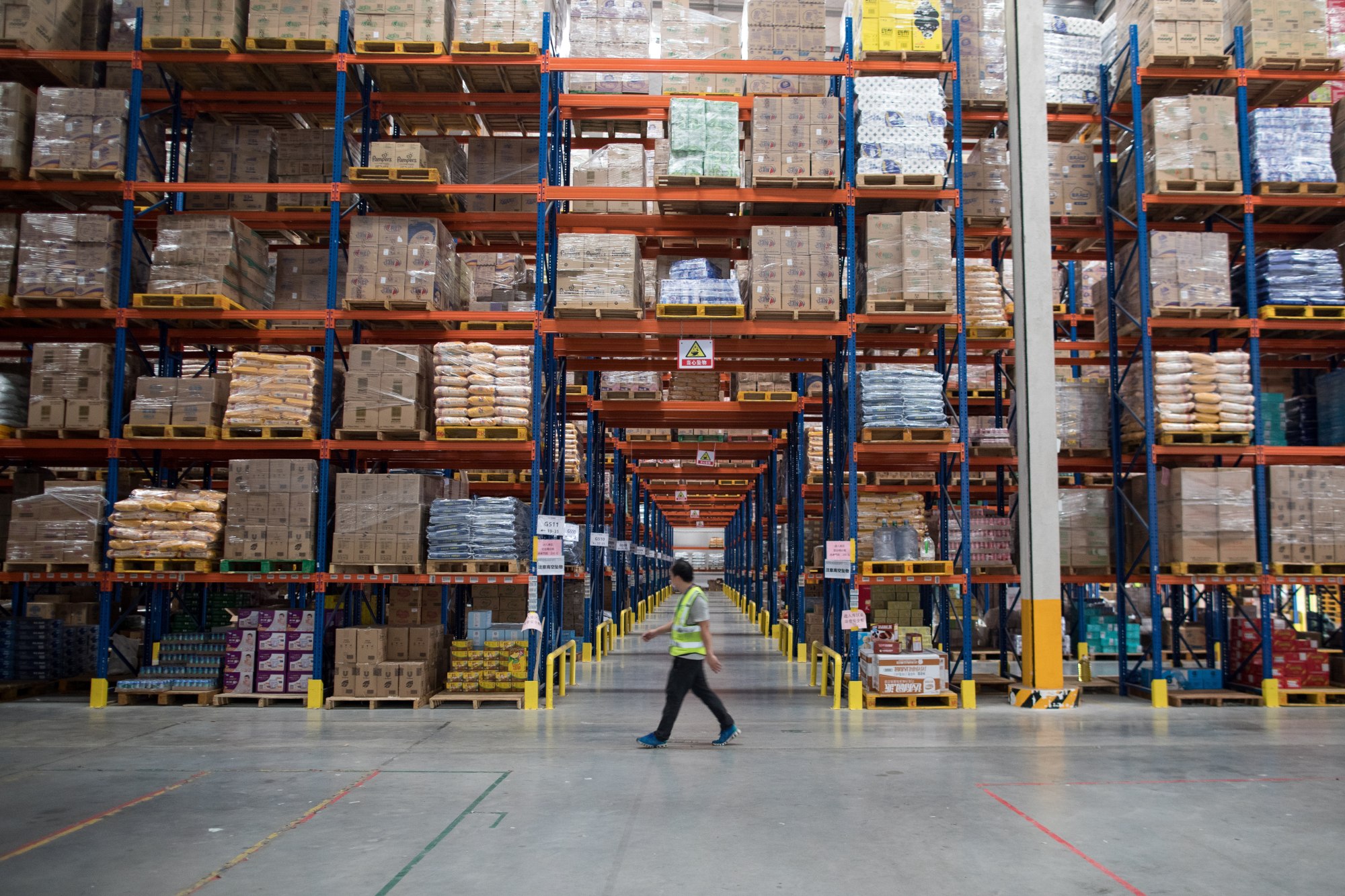
Hong Kong’s online retail market has become too crowded for e-commerce giant Alibaba, which is closing its local Tmall site
- Alibaba will shut down operations of Tmall Hong Kong on October 31, as the company sharpens its focus on cross-border e-commerce opportunities
- That move comes as no surprise, according to analysts, because Hongkongers have plenty of online shopping platforms to choose from

The decision to cease Tmall Hong Kong’s operations was made because of a change in business strategy, according to the platform’s notice. It indicated that the city’s consumers will continue to be served via Alibaba’s main Chinese retail sites, leading social commerce platform Taobao and Tmall, its premium online marketplace for major international and Chinese brands and retailers.
“Tmall Hong Kong’s closure will not impact local consumers significantly because there are a lot of online shopping platforms to choose from,” Zhang Yi, chief analyst at Guangzhou-based iiMedia Research, said on Wednesday.

“Hongkongers have plenty of choice, including from some of the global business-to-consumer [e-commerce] players,” said Paul Haswell, partner and technology lawyer at Hong Kong-based Seyfarth Shaw. “Alibaba’s Taobao remains very popular in any event.”
Tmall Hong Kong was established by Alibaba on May 21 last year to tap the growing number of online shoppers in the city, Chen Zijian, director of Tmall’s Hong Kong and Macau operations, said in a press statement at the time.
Alibaba CEO promotes positive role of e-commerce giant’s technology
Tmall Hong Kong’s market positioning, however, put it in direct competition with popular local retailing app HKTVmall, which has more than 1 million unique users in a city with a population of 7.7 million.

